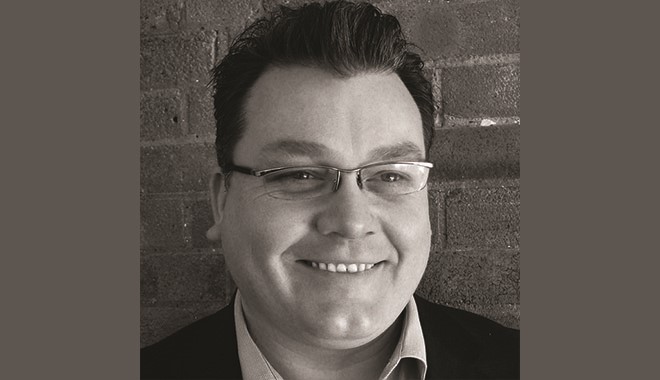Opinion: ‘Place’ not space

Gideon Wilkinson, Endpoint
The UAE is undergoing development of an unprecedented scale and size. A multitude of urban, leisure, cultural and infrastructure developments are ongoing in the region.
Dubai will host the World Expo 2020 which is expected to bring in 25m visitors that year and $23bn worth of economic benefits to the country over the next seven years. The world’s most significant exhibition lasting six months, it is accelerating a number of development projects.
One of which is the Mall of the World by Dubai Holding – a mega project that will combine the world’s largest mall, a cultural district, wellness resorts, largest indoor theme park and over 100 hotels. Meraas Holding is developing a multi-billion dollar leisure and entertainment destination comprising three theme parks: Motiongate Dubai, Bollywood Parks and Legoland Dubai.
Yas Island which currently hosts Ferrari World Abu Dhabi, Yas Waterworld and Yas Mall, is being developed to include theme parks, hotels, restaurants, a sports arena and residential properties. Another island development – Saadiyat Island is an ambitious project including three museums (Louvre Abu Dhabi, Guggenheim Abu Dhabi and the Sheikh Zayed National Museum), a performing arts centre, marina, promenade, residential developments and multiple leisure hotels.
With such wide-scale development and at such a rapid pace, clearly excellence in urban design and ‘placemaking’ will be paramount. Effective placemaking, at its best, creates quality spaces that contribute to people’s health, happiness and well being. But on a more micro scale, what does this mean for the individual developers and operators? How can they ensure that places develop a competitive advantage that will allow them to command a price premium and achieve financial returns above the market? What is the role of the branding community beyond just naming and making luxurious sales brochures to help create places where people want to shop, work, learn, live, stay, eat and play?
For us, the difference between place and space, is meaning. Creating meaning in the built environment takes careful thought and considered implementation. For brands, we believe the built environment is the most powerful channel of all. Even the heroes of the digital age – from the Apple Store to Google’s offices – recognise the power of the physical to win hearts and minds.
Can the branding community, architects and developers be more connected in their ambition to create genuine communities and turn development into ‘places’ that are economically sustainable? Where and how does brand manifest itself in the built environment and what are the key challenges?
Gideon Wilkinson is co-founder and managing director of Endpoint
Object reference not set to an instance of an object.
Gideon Wilkinson, founder of brand implementation specialist Endpoint, will be leading a discussion between the Dubai Design District and Andarakis that will explore how a brand can be implemented in the built environment around you.
Join Gideon and others at The Middle East Brand Summit


